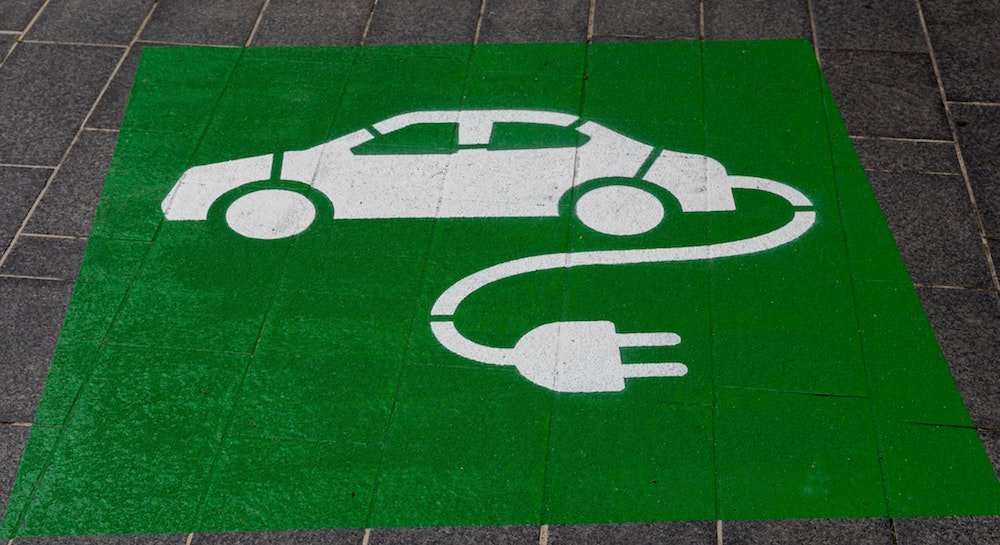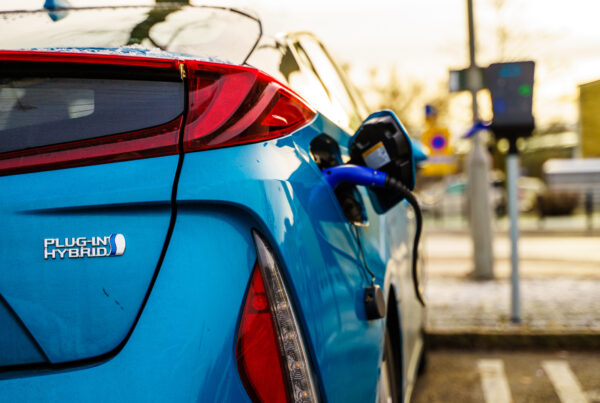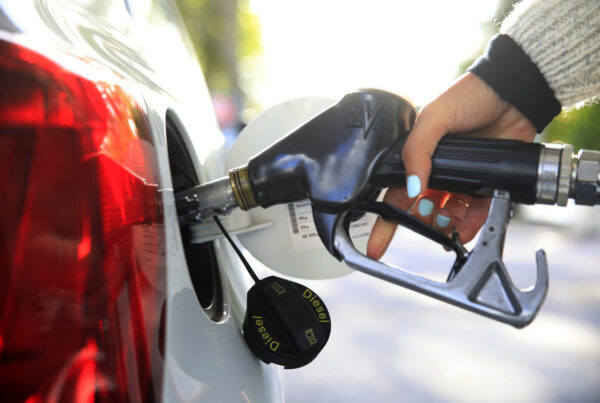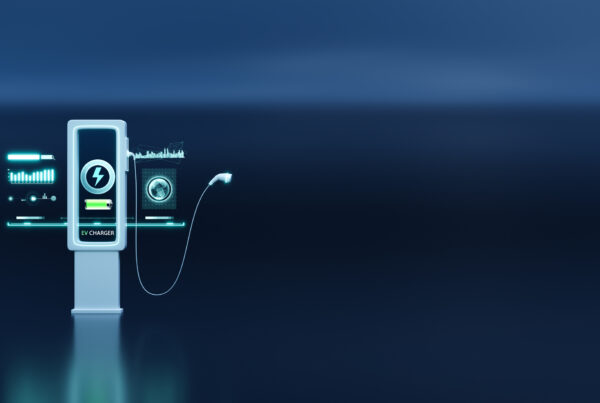Industry consultation over an Electric Vehicle Road User Charge in South Australia has begun, as the State Government has announced it plans to introduce the charge a year later than first proposed.
The 12-month extension – to 1 July 2022 – will provide more time and opportunity to monitor key developments in other states, such as Victoria, to ensure a degree of national consistency, where appropriate. The final details of the Victorian legislation have still to be revealed.
Treasurer Rob Lucas announced the Government’s plans to introduce a road user charge for zero and low emission vehicles in November’s State Budget 2020-21, as part of the Government’s commitment to a fairer and more equitable road funding system.
“The reality is, if you’re driving an electric vehicle then you’re not paying fuel excise at the pump and you’re contributing significantly less to the vital upkeep of our vast road network,” said Mr Lucas.
“Ultimately this reform will have to happen – as more and more Australian motorists shift to zero and low-emission vehicles, all Governments will need to ensure there is sufficient funding for ongoing road maintenance and infrastructure investment.
“We are looking at a scheme similar to Victoria’s, where motorists would be charged a set rate based on kilometres travelled, but the legislation to be introduced this year will not include GPS tracking.”
Under Victoria’s model, charges will apply to light vehicles not predominantly powered by a fuel source subject to Commonwealth Government fuel excise, such as petrol, diesel or LPG.
A 2.5 cent/km charge would apply to electric and other zero emission vehicles and hydrogen vehicles, and a 2.0 cent/km charge would apply to plug-in hybrid electric vehicles under the proposed Victoria model.
The State Budget 2020-21 provides the largest investment in electric vehicle initiatives in the state’s history, delivering $18.3 million to implement SA’s Electric Vehicle Action Plan.




















